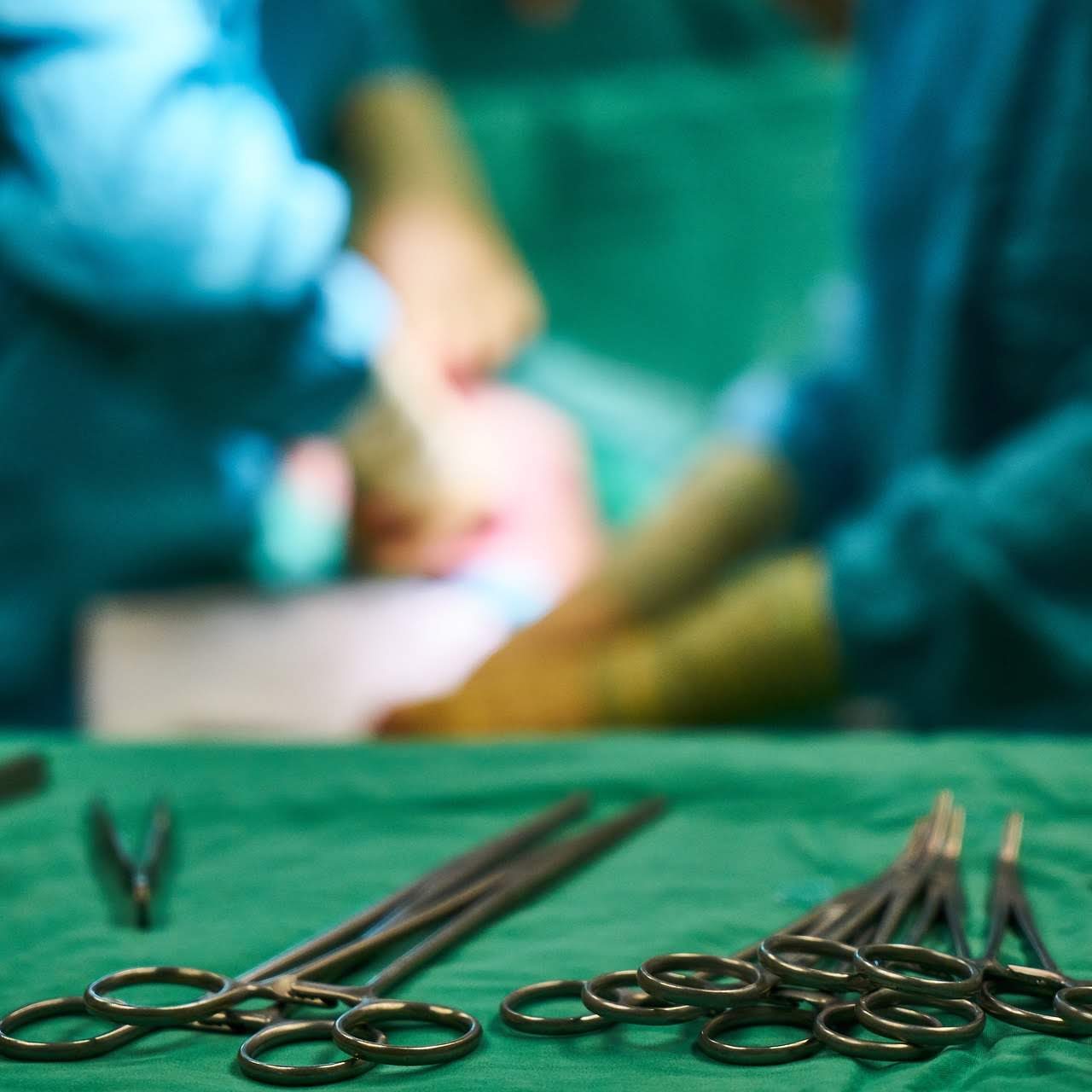
SpaMedica is one of the leading private providers of NHS eye patient services and, in 2018, became the largest NHS cataract surgery provider in the UK. The company also offers other NHS ophthalmology services.
The company is owned by VeoNet Group a cross European network of ophthalmology clinics.
Last updated: January 2025
Strategy
SpaMedica was set up in 2008 and opened its first hospital in Manchester in that year. The company was awarded its first contract for conducting NHS cataract surgery and other ophthalmological procedures in 2010. By the end of 2019, the company reported that it was conducting more NHS cataract procedures than any other healthcare provider in the UK. By early 2024 the company had opened 50 hospitals performing a range of ophthalmological procedures.
The company specialises in cataract procedures, one of the most straightforward eye operations, age-related macular degeneration treatment and YAG laser capsulotomy for Posterior Capsule Opacification (PCO). PCO is a post-operative complication of cataract surgery, which can develop months or even years after surgery. As well as NHS patients, the company treats self-pay and PMI patients.
Financials
SpaMedica (company number 06644293) is owned by the German company Ober Scharrer Gruppe, which is part of the Veonet Group of companies. SpaMedica's ultimate parent in the UK is Cidron Neptune Topco Ltd. In March 2022, Veonet was acquired by PAI Partners, a private equity fund, and the Ontario Teachers Pensions Plan Board.
The most recent financial results are for the year ending 31 December 2023. Turnover was £281.1 million up from £217.1 million in 2022. The profit for the year, after tax, was to £71.8 million (2022 - £63.9 million).
Contracts
SpaMedica is the largest private provider of NHS cataract procedures, carrying out more than 100,000 procedures each year. NHS patients can be referred to the company by optometrists.
The company is listed on several framework contracts for elective surgery work. From these numerous individual Integrated Care Boards across England have awarded the company contracts for the provision of ophthalmology services of varying values.
Concerns
Diversion of money, staff and training opportunities
In February 2022, ophthalmologists warned that the safety of NHS patients could be put at risk if the private sector is given any more NHS work.
In the letter, signed by nearly 200 ophthalmologists and sent to NHS England and the Royal College of Ophthalmologists and shared with The Independent, they warned of “the accelerating shift towards independent sector provision of cataract surgery” which is already having a “destabilising impact” on safe ophthalmology provision.
They predict that the wide scale use of private providers will “drain money away from patient care into private pockets as well as poaching staff trained in the NHS.” adding that “urgent action” is needed to prevent further work being given to the private sector.
Staff who would normally do extra hours for the NHS are now being offered better paid work doing cataract operations in the private sector, but this means other eye procedures are not being carried out for the NHS and waiting times for these will grow.
Speaking to The Independent, Professor Ben Burton, consultant ophthalmologist and one of the lead signatories of the letter, said: “What’s happening is that staff who could be treating preventable but irreversible sight-threatening conditions like glaucoma, macular degeneration, and diabetic retinopathy are instead doing cataract surgery for private providers.”
The private sector is already heavily involved with the area of cataract surgery; in November 2021, the Royal College of Ophthalmologists reported that in 2016, 11% of NHS cataract procedures in England were delivered by private companies, but by April 2021 there was almost a 50/50 split, with 46% in the private sector and 54% by NHS trusts and treatment centres.
Cataract surgery is the main training ground for junior doctors, they need to complete at least 350 cataract procedures to be able to then manage more complicated work. The use of the private sector means trainees are finding it harder and harder to access the opportunities. The NHS is left with the more complex cases, which are less suitable for training. This is making it more difficult for trainees to successfully complete training and, most importantly, more difficult to develop skilled and experienced surgeons.
The issue was addressed again in December 2023, when Royal College of Ophthalmologists’ president Ben Burton told HSJ the specialty was at risk of becoming like dentistry, where patients face charges for services.
Professor Burton said a review needed to look at the entire commissioning process and argued “generous” tariff rates for cataracts were resulting in some patients with “very mild cataracts getting surgery at the expense of other patients going blind”, which he said was “just wrong”.
He added: “There is a risk that the NHS loses ophthalmology completely, like it has dentistry, in terms of it being a service which is available free at the point of delivery.
“If we are going to try and keep it as an NHS service, then we definitely need to change what we’re doing, because the current system is causing chaos, with huge financial loss to the NHS and it’s not in the best interests of patients.”
Professor Burton said the college “recognises the independent sector can help with reducing backlogs” but urged NHSE not to continue with the approach of “unplanned commissioning [which] means the NHS is losing consultants, money and trainees to the private sector”.

